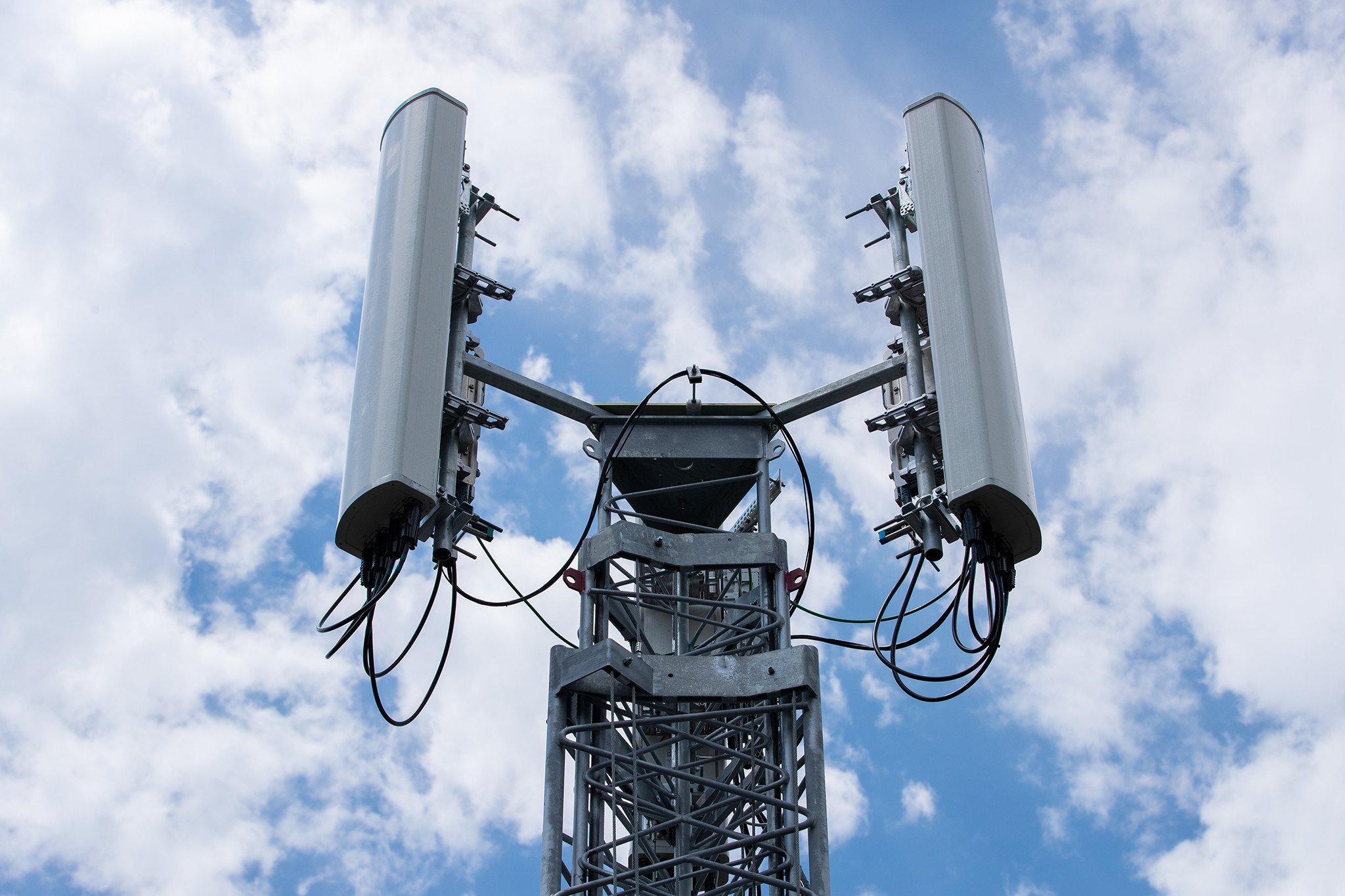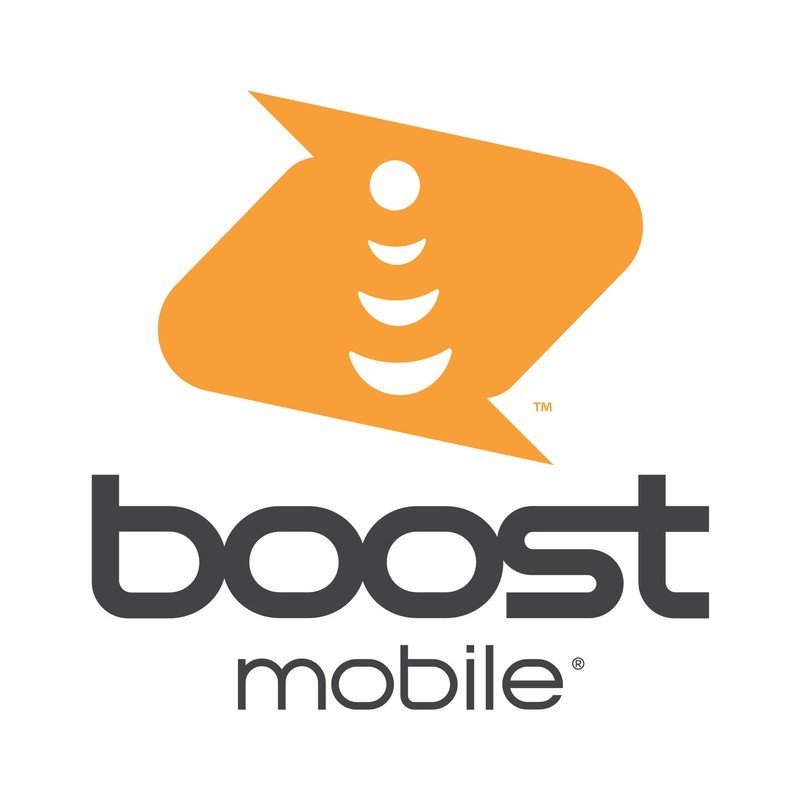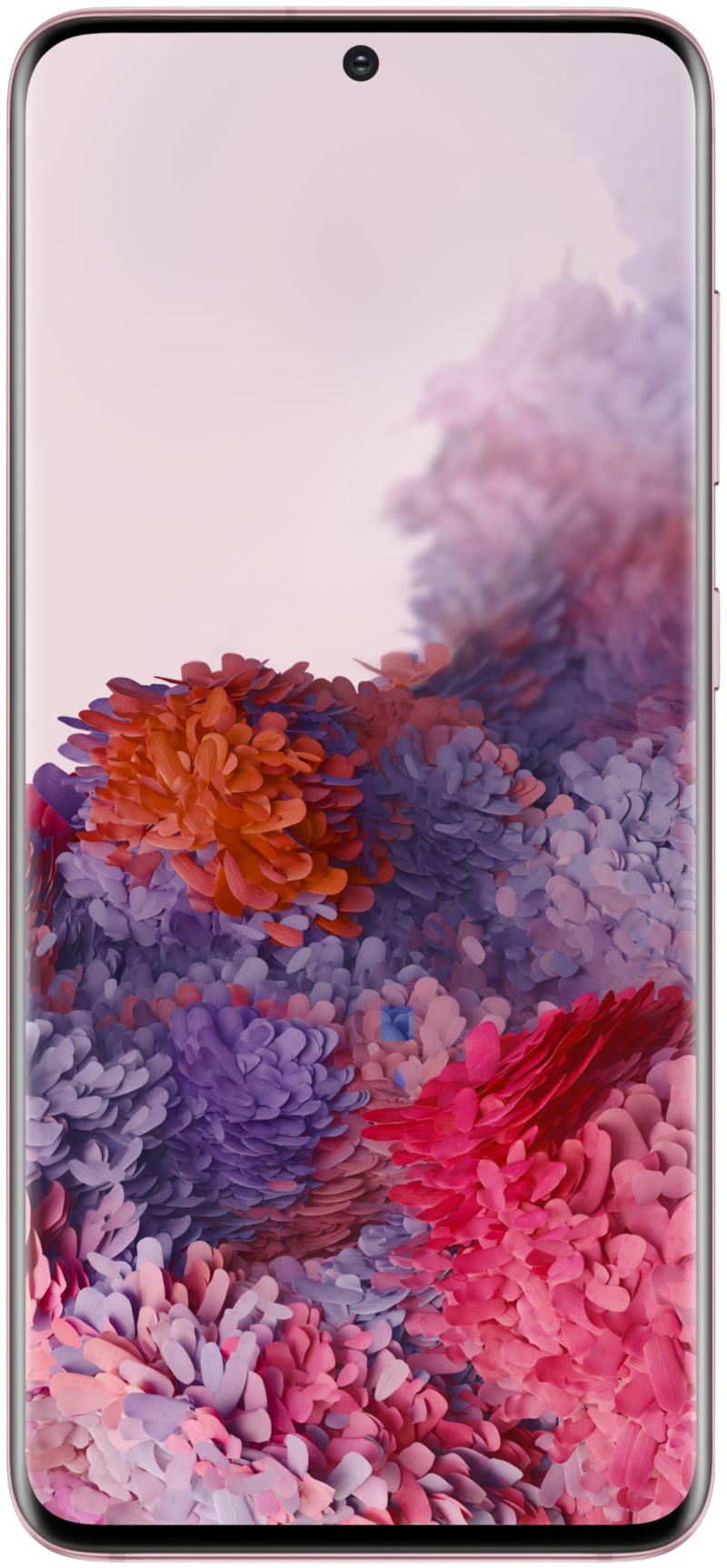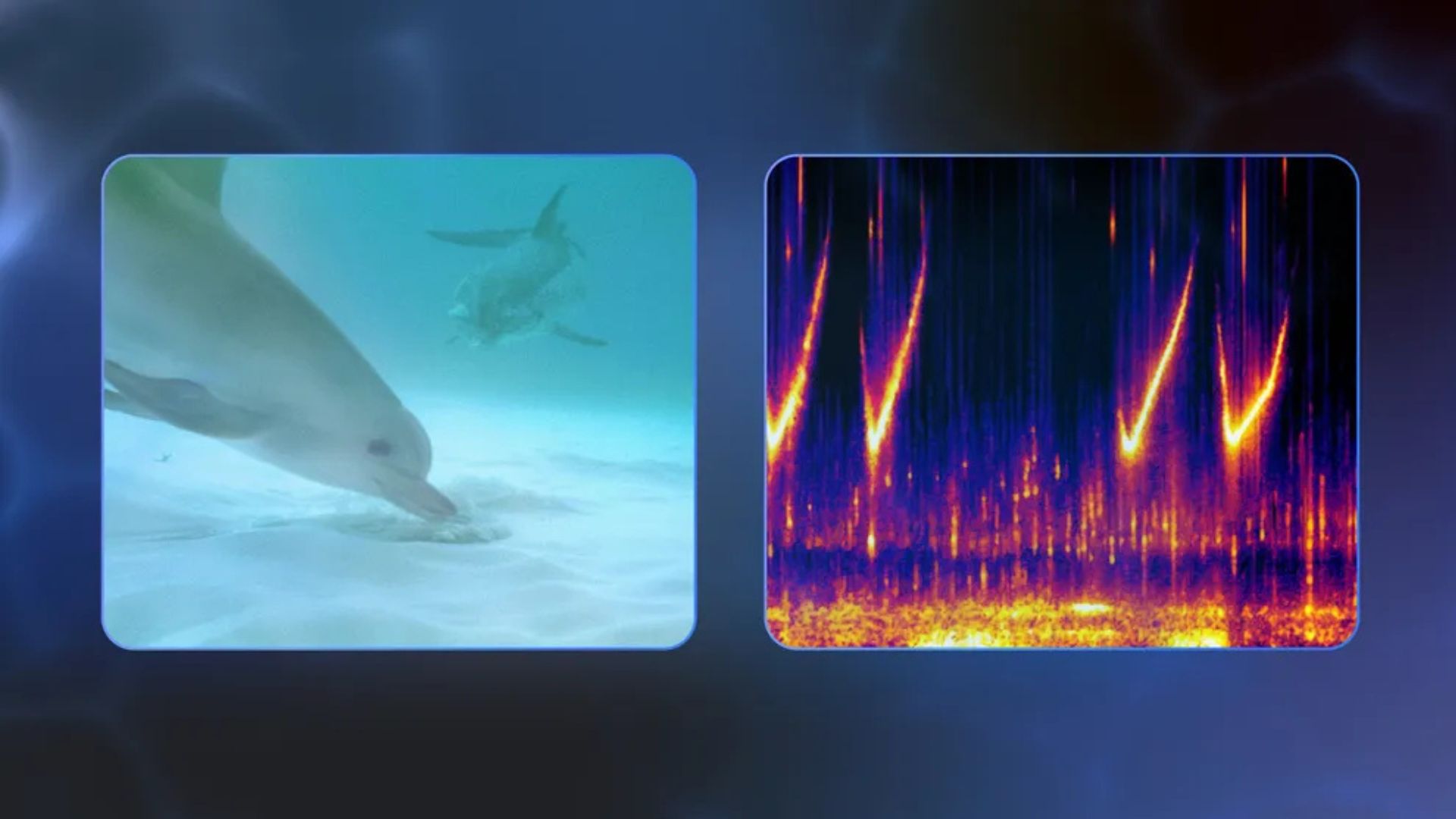Dish has taken over Boost Mobile, as promised in T-Mobile/Sprint merger

What you need to know
- Dish completed its $1.4 billion acquisition of Boost Mobile.
- Boost Mobile is reviving its $hrink-It! plan which reduces monthly payments with consecutive on-time payments.
- Boost is activating customers on the new T-Mobile network and creating a standalone 5G network.

As part of T-Mobile's purchase of Sprint, Sprint's prepaid brand Boost Mobile has been taken over by Dish for $1.4 billion. With this purchase, Dish announced it is officially entering the wireless retail market with the purchase of Boost Mobile and has unveiled a new logo which is a cross between Boost's previous logo and the Dish Wireless logo. Dish aims to bring new plans and services to Boost Mobile to better meet its customer's needs.
Boost is launching two news $hrink-It! plans which reduce in price with consecutive on-time payments. With three payments, the price is reduced by $5 with the price coming down a further $5 with six payments. The first plan starts at $45 and comes with 15GB of data. A cheaper $35 10GB plan will also be available and both plans will come with unlimited talk and text. Both plans will be available starting July 2, 2020.
Boost has been activating new phones on its Expanded Network for a few weeks. This network is based on the new T-Mobile network and is a move away from the older Sprint network. For most customers, this means an upgrade in speed and coverage thanks to massive network improvements from T-Mobile. Dish will have access to the new T-Mobile network for seven years while it builds its 5G network. Dish is developing the first virtualized standalone 5G network based on Open RAN.

Works with 5G on the Boost Mobile Expanded Network
The Galaxy S20 5G works on nearly every carrier and supports the new T-Mobile sub-6 5G network with a large 4,000mAh battery.
Be an expert in 5 minutes
Get the latest news from Android Central, your trusted companion in the world of Android
When Samuel is not writing about networking or 5G at Android Central, he spends most of his time researching computer components and obsessing over what CPU goes into the ultimate Windows 98 computer. It's the Pentium 3.

